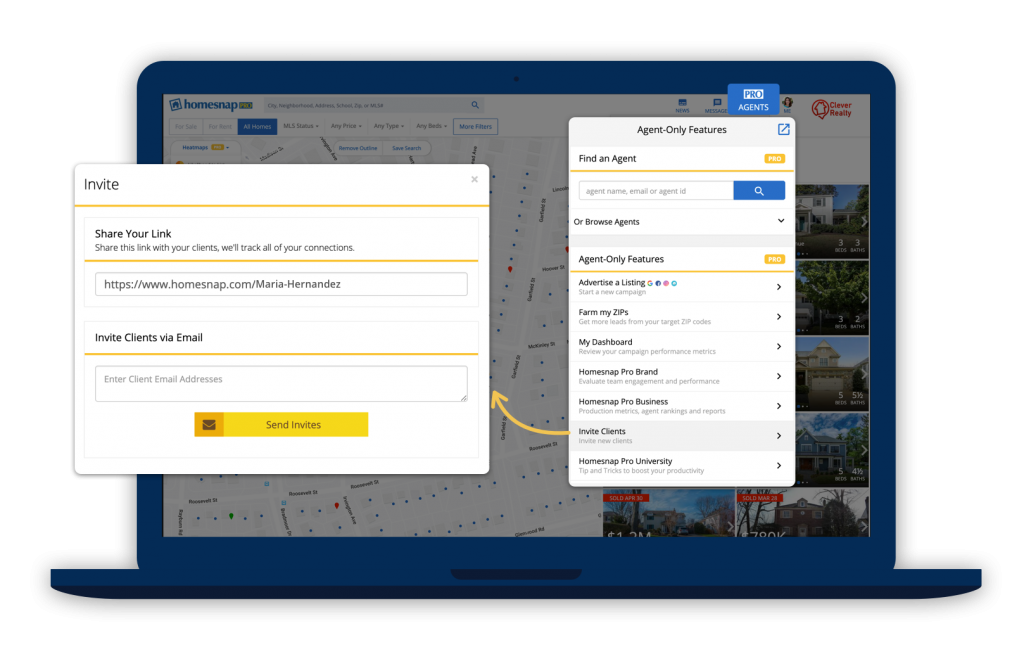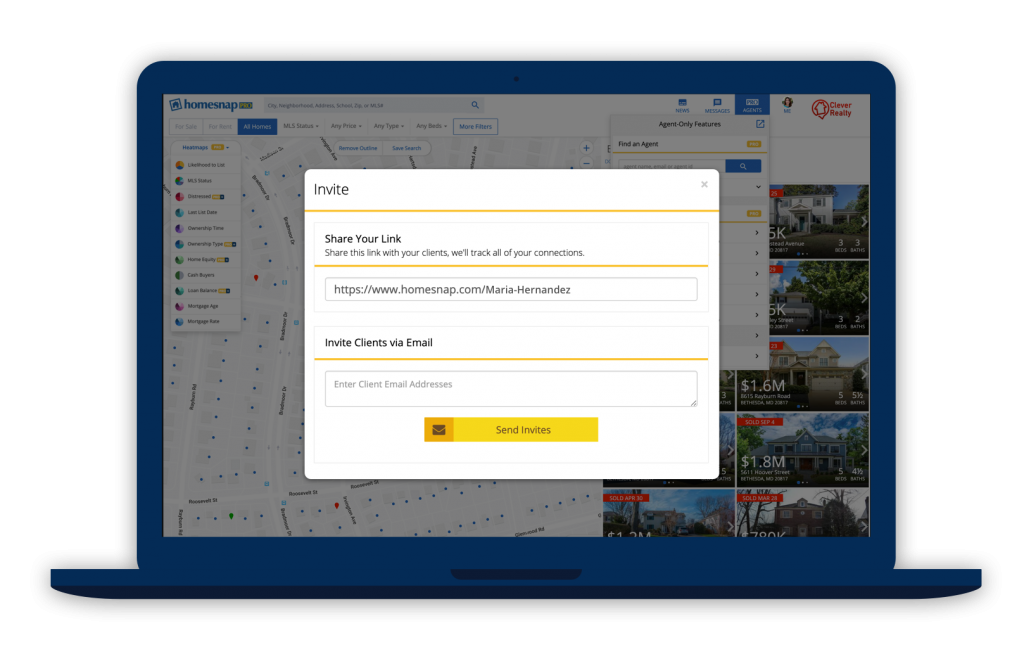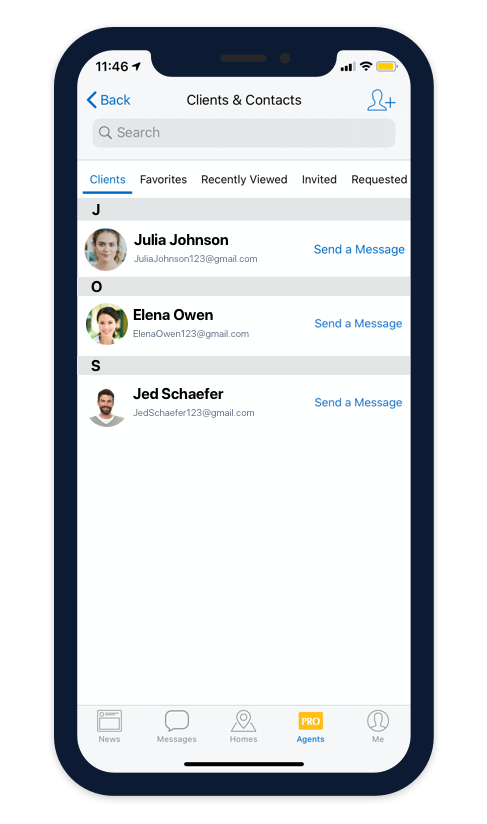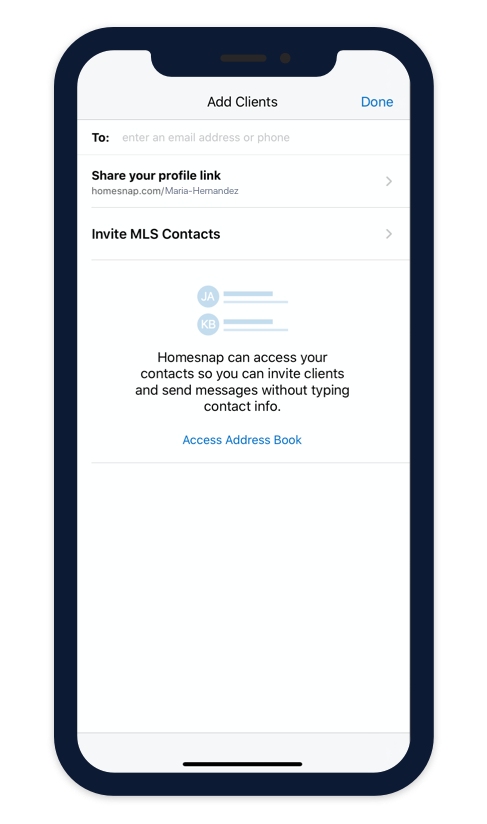Why is NAR issuing this guidance?
In response to the growing concerns about COVID-19, commonly referred to as coronavirus, NAR is providing this guidance to help REALTOR® associations respond to the coronavirus’s impact on the real estate industry. As of March 16, 2020, the United States government has banned all travel from Europe, the United Kingdom and Ireland into the United States for a period of thirty (30) days. The U.S. Centers for Disease Control and Prevention (CDC) has issued Level 3 Travel Warnings for China, Iran and South Korea, and a Level 2 Travel Health Notice all other global travel. The situation is rapidly evolving. Be sure to refer to the CDC’s website for up-to-date information about travel warnings (link is external), as well as information about the coronavirus’ current impact in the United States (link is external). Daily updates about the coronavirus are also available from the World Health Organization (link is external).
What is Coronavirus?
COVID-19 is a novel coronavirus that has infected more than 142,000 individuals in 134 countries, causing the World Health Organization (WHO) to classify this outbreak as a pandemic on March 11, 2020. Symptoms include fever, cough, and shortness of breath. Anyone experiencing emergency signs such as difficulty breathing, persistent pain or pressure in the chest, new confusion or bluish lips or face should immediately seek medical attention.
What is the risk of exposure to coronavirus?
Older adults and people who have severe underlying chronic medical conditions like heart or lung disease or diabetes seem to be at higher risk for developing more serious complications from COVID-19 illness. The virus is thought to spread mainly from person-to-person and the best way to prevent illness is to avoid being exposed to this virus. The CDC urges citizens to monitor your health and practice social distancing. Social distancing means staying out of crowded places, avoiding group gatherings, and maintaining distance (approximately 6 feet) from others when possible. Visit the CDC’s website (link is external) for latest updates.
What preventative measures may be taken to reduce the risk of contracting and spreading coronavirus?
The CDC urges individuals to take these measures to protect themselves and others:
- Wash your hands frequently with soap and water for at least 20 seconds. If soap and water aren’t available, use an alcohol-based hand sanitizer.
- Avoid touching your eyes, nose, and mouth with unwashed hands.
- Practice social distancing by staying out of crowded places, avoiding group gatherings, and maintaining distance (approximately 6 feet) from others when possible.
- Avoid close contact with anyone who is sick.
- Stay home if you have a fever, cough, shortness of breath or any other cold or flu-like symptom.
- Clean and disinfect frequently touched objects and surfaces.
- Cover your mouth and nose with a tissue when you cough or sneeze, or cough or sneeze into your sleeve.
Additionally, to help prevent the continued spread of coronavirus, on March 15, 2020, the CDC recommended that for the next 8 weeks, all in-person events consisting of 50 or more people, such as conferences and assemblies, be cancelled, postponed or modified to virtual events (link is external). Avoiding large in-person gatherings of this sort is another effective measure that will reduce your risk of contracting or spreading coronavirus.
What unique issues does coronavirus present to the real estate industry?
When an infectious disease, such as coronavirus, is associated with a specific population or nationality, fear and anxiety may lead to social stigma and potential discrimination. REALTORS® must be mindful of their obligations under the Fair Housing Act, and be sure not to discriminate against any particular segment of the population. While the coronavirus outbreak began in Wuhan, China, that does not provide a basis for treating Chinese persons or persons of Asian descent differently.
May I ask clients or others I interact with in my real estate business if they have traveled recently, or have any signs of respiratory illness?
Yes, you may ask clients or others about their recent travel, particularly to areas identified as having an increased risk of coronavirus. To avoid potential fair housing issues, be sure to ask all clients the same screening questions based on current, factual information from public health authorities.
I typically drive my clients to showings. May I refuse to drive potential clients to see homes?
Yes. However, be sure that any change to your business practices is applied equally to all clients. You may refuse to drive clients who show signs of illness or reveal recent travel to areas of increased risk of coronavirus, or you may instead decide to stop driving clients in your car altogether, and simply arrange to meet clients at a property. If you do continue to drive clients in your car, it is a good idea to frequently clean and disinfect surfaces like door handles and seat belt latches, and to ask clients to use hand sanitizer when getting in and out of the car.
Should I still conduct open houses on my listed properties?
Speak openly and honestly with your seller about the pros and cons of holding an open house. Assess the risk based on your specific location, and direct your clients to local and state health authorities for specific information about the severity of the risk in your area. You could also propose alternative marketing opportunities for your seller’s consideration, such as video tours and other methods to virtually tour a property. If you do hold an open house, consider requiring all visitors to disinfect their hands upon entering the home, limiting the amount of people in the home and providing alcohol-based hand sanitizers at the entryway, as well as soap and disposable towels in bathrooms. If you decide to do any cleaning at your client’s home, be sure to check with your client in advance about any products you plan to use. After the open house, recommend that your client clean and disinfect their home, especially commonly touched areas like doorknobs and faucet handles.
What precautions should brokers consider taking in their offices?
Brokers should use their best judgment when formulating a plan. In addition to performing regular environmental cleaning with special attention paid to frequently touched surfaces, brokers should implement a mandatory “stay-home” policy for any staff member or agent exhibiting any sign of illness. Brokers may want to consider imposing a mandatory or maximum flexibility remote work policy for employees and instructing agents to stay out of the office. In addition, in the wake of the CDC’s recent guidance recommending that in-person events consisting of 50 or more people be cancelled or postponed, brokers should take measures to hold virtual meetings when possible, and potentially postpone or cancel in-person meetings or events to take to limit close contact between individuals.
Be sure to monitor updates from the CDC, as well as your state and local health authorities for additional information and guidance on holding meetings or events. For travel considerations, review NAR’s “Coronavirus: A Guide for REALTOR® Associations“.
Finally, do not panic, stay informed, and use your best judgment. The situation is rapidly changing, so focus on putting policies and procedures in place to keep your employees and agents informed, safe, and to avoid business disruption in the event the situation worsens. The CDC’s Interim Guidance for Businesses and Employers (link is external) is a helpful resource.




